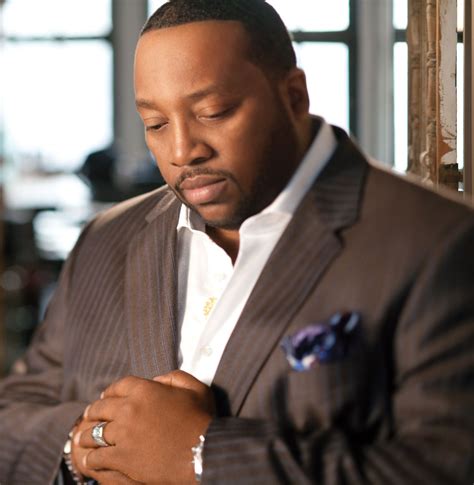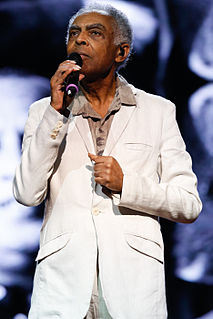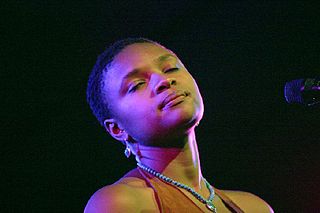A Quote by Marvin Sapp
In the African-American community, we struggle with a lot of health problems that have a lot to do with our diet.
Related Quotes
Sometimes, from outside, and from America especially, where the racial tension is so intense, you tend to understand Brazil as a kind of ideal situation, but it's not. There are a lot of problems. Historically, we have been in struggle, in real struggle to protect and defend the natural leaning towards absorbing the African and the Indian heritage that our society has.
I think the sad fact is, there's a long history in this country at looking at African-American as subhuman. And I think that's reflected in the fact that, when we have problems that really are problems of employment, that are really problems of mental health, that are really problems of drugs, our answer is the police.
You know, when Trayvon Martin was first shot I said that this could have been my son. Another way of saying that is Trayvon Martin could have been me 35 years ago. And when you think about why, in the African American community at least, there's a lot of pain around what happened here, I think it's important to recognize that the African American community is looking at this issue through a set of experiences and a history that doesn't go away.
Today, we have come a distance. We have made a lot of progress. That cannot be denied. You cannot dispute the fact that our country is so different from 50 years ago. But we still have problems. There are too many people that have been left out and left behind, and they are African American, they are White, Latino, Asian American, and Native American.
African Americans, in particular, saw their cumulative wealth crash. They used to have 10 cents on the dollar of the average white family. That 10 cents on the dollar that the African American family used to have crashed down to 5 cents on the dollar, given the focus of predatory lending on the African American community and the degree to which they were really devastated by the foreclosure crisis. So yeah, I think there is a lot of disappointment out there.
I was very proud and grateful to be the first African-American woman in the position. I thought it said a lot about our country that we had back-to-back African-American Secretaries of State, Colin Powell and then me. I also thought it said a lot about President Bush that he didn't see limits on the highest ranking diplomat in terms of color. It's a hard job, but really the best one in government.



































